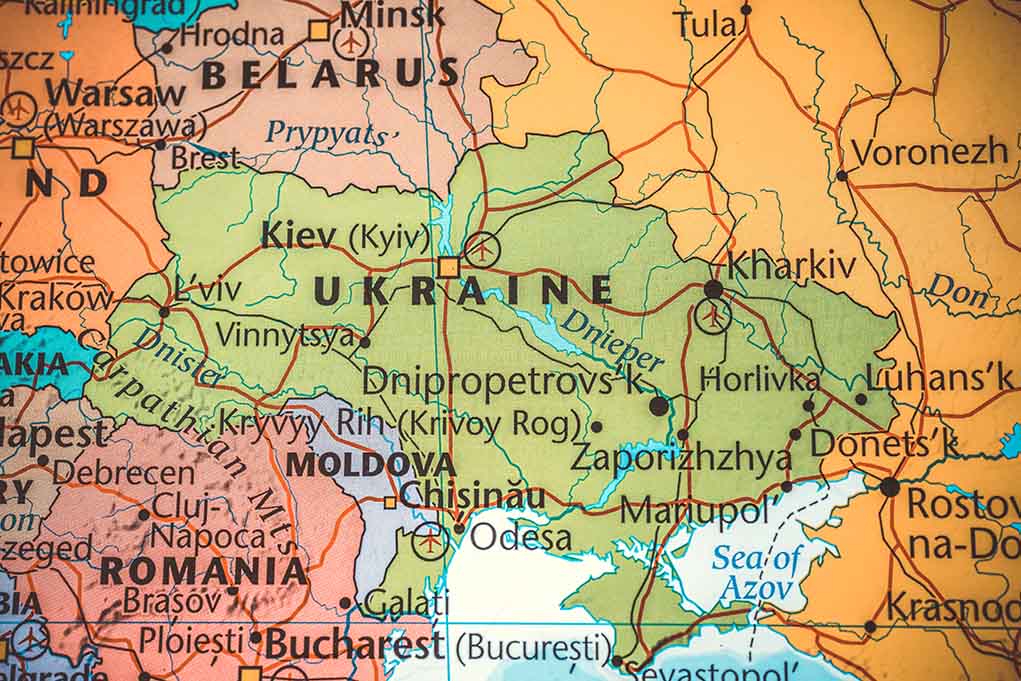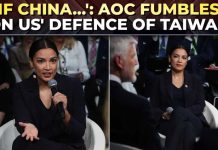
Ukraine’s President Volodymyr Zelenskyy remains resolute in reclaiming occupied territories, highlighting the conflict’s geopolitical complexities.
Key Takeaways
- Ukraine underlines the stance of not conceding occupied territories to Russia.
- Ongoing discussions highlight the varied global perspectives on peace negotiations.
- Zelenskyy remains skeptical about Trump’s peace initiative involving Russia.
- European support continues for Ukraine amidst diplomatic and military backing.
- Ceasefire talks reflect contrasting international views on conflict resolution.
Zelenskyy’s Firm Stance
In a recent interview with *Le Figaro*, President Zelenskyy emphatically stated that Ukraine will never relinquish control over its territories occupied by Russia. His firm stance clearly indicates his unwavering commitment to Ukraine’s territorial integrity. Despite facing significant human and economic losses due to the ongoing conflict, Zelenskyy maintains that diplomatic solutions must be explored to avoid further casualties. However, the insistence on the withdrawal of Russian forces remains a non-negotiable aspect for Ukraine.
As the war continues, with territories like Donetsk, Luhansk, Kherson, and Zaporizhzhia under Russian control since the 2022 invasion, European and American leaders grapple with finding an effective resolution strategy. President Donald Trump’s peace initiatives have been subject to skepticism, with Zelenskyy suggesting that Trump’s plan could be vulnerable to manipulation by Putin. Ukraine’s resistance to ceding territories underscores its larger struggle to maintain sovereignty.
The Global Diplomatic Scene
The international diplomatic scene features diverse approaches to ending the ongoing conflict. Military experts, including Mark Milley and Valerii Zaluzhnyi, stressed that a military victory might be unattainable, advocating diplomatic negotiations. Milley emphasized that “victory is probably not achievable through military means.” Backed by allies, Kyiv continues exploring diplomatic pathways without compromising its territorial claim.
While discussions persist, leaders like Emmanuel Macron propose initiatives like a 30-day ceasefire to spark constructive dialogue. Marco Rubio, expressing cautious optimism, stressed concessions must be made by both sides to attain lasting peace. Meanwhile, concerns arise surrounding Russian strategies possibly using negotiations as a means to extend the war’s duration in Ukraine.
European and American Roles
In the quest for a resolution, European countries along with the U.S. have extended military and diplomatic support to Ukraine, underscoring a collective stance against Russian aggression. Meanwhile, the G7 is exploring additional sanctions on Russia, promoting pressure for compliance. In particular, Donald Trump’s discussions with Putin, termed as “good and productive,” echoed the intricate diplomatic maneuverings amidst this geopolitical crisis.
Amidst these initiatives, European leaders are considering deploying peacekeeping forces, a move indicative of their commitment to stabilize the region. Nonetheless, the road to enduring peace presents multiple challenges that require addressing the complex geopolitical dynamics at play and the pressing humanitarian crises.
Sources:
- It’s Time for Ukraine to Accept an Ugly Peace
- Zelensky says Putin trying to drag out talks on Ukraine ceasefire to continue war – BBC News
- Zelensky Declares Ukraine Will ‘Never Cede’ Occupied Territories to Russia, Suggests Trump Being Naive About Putin











